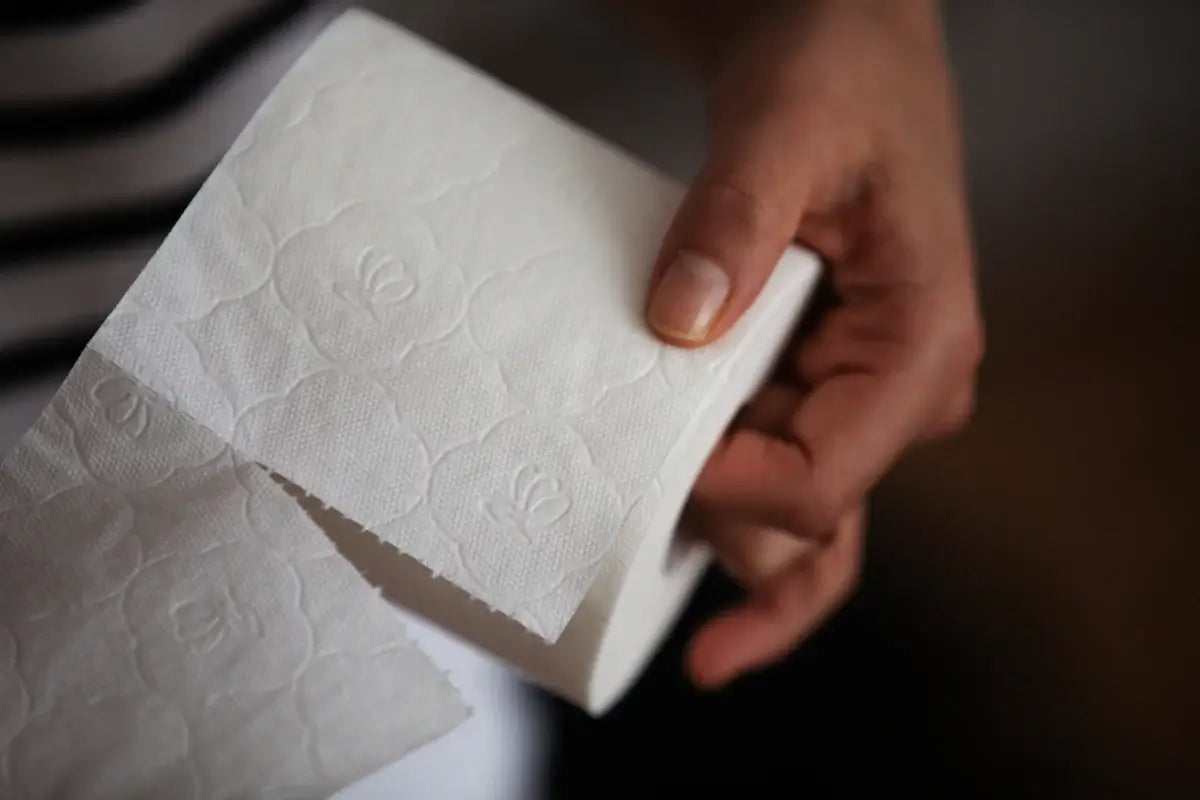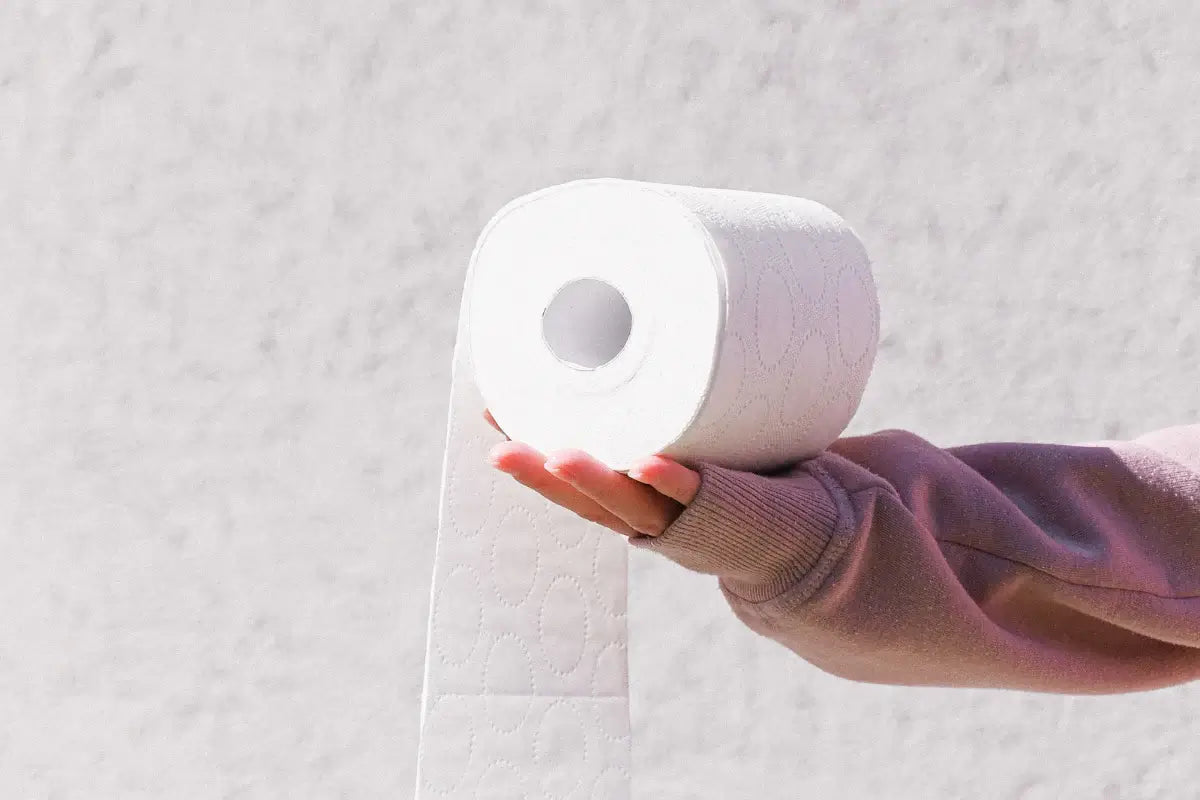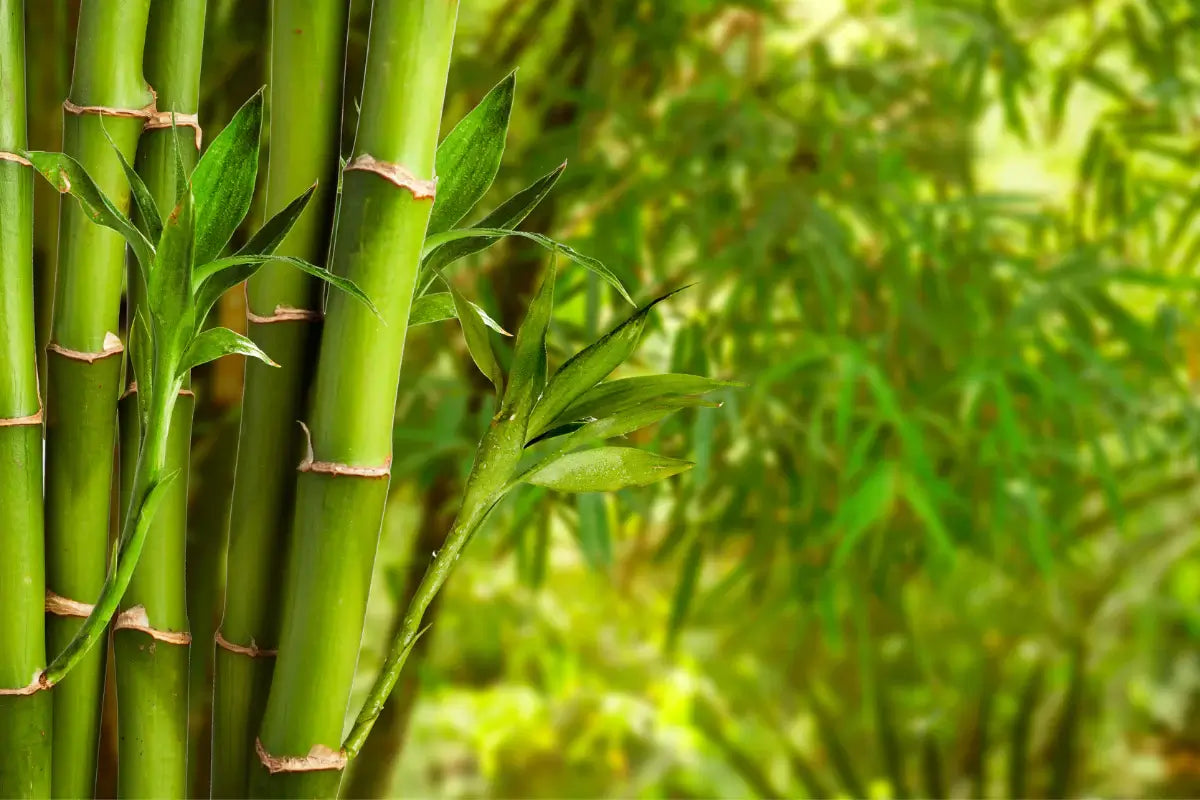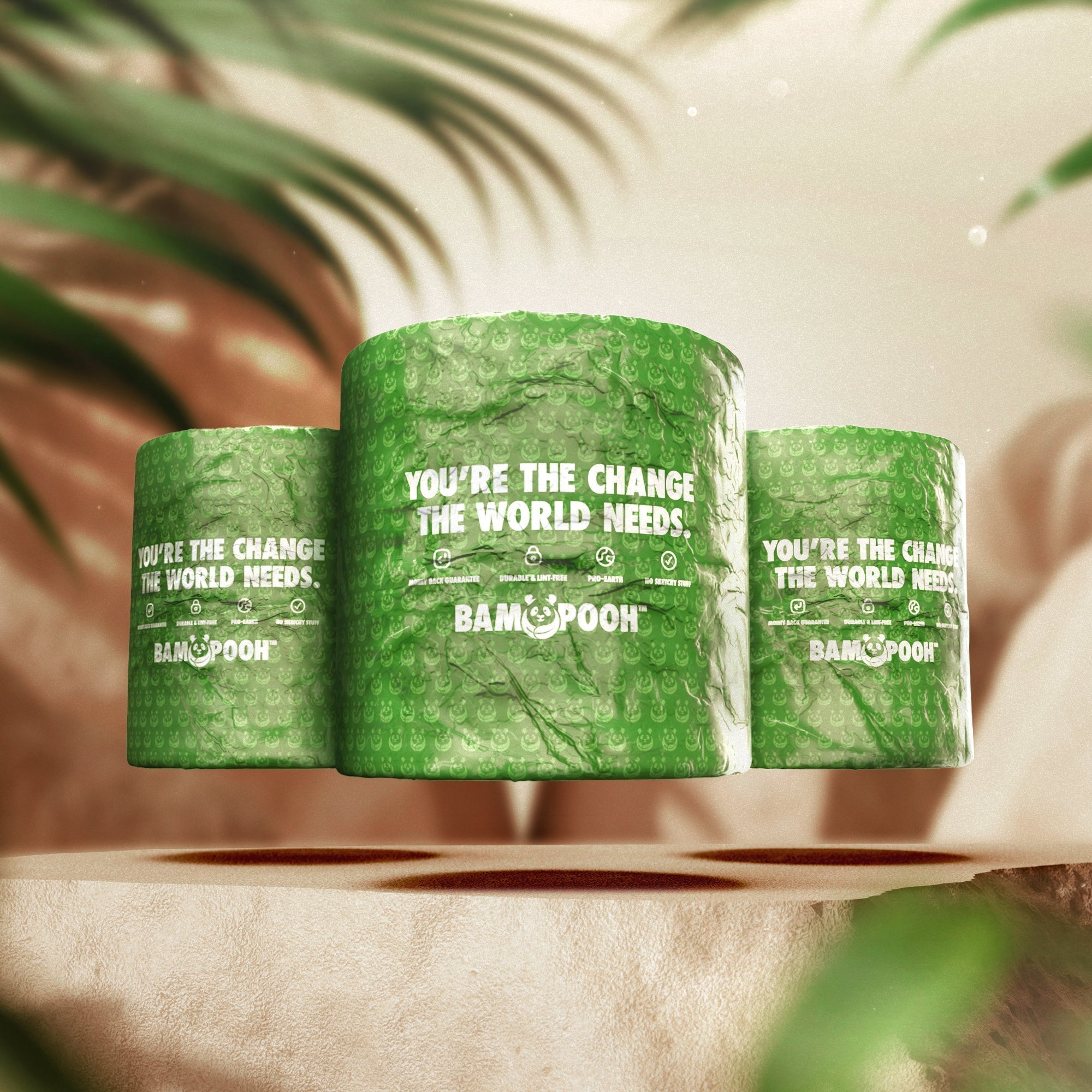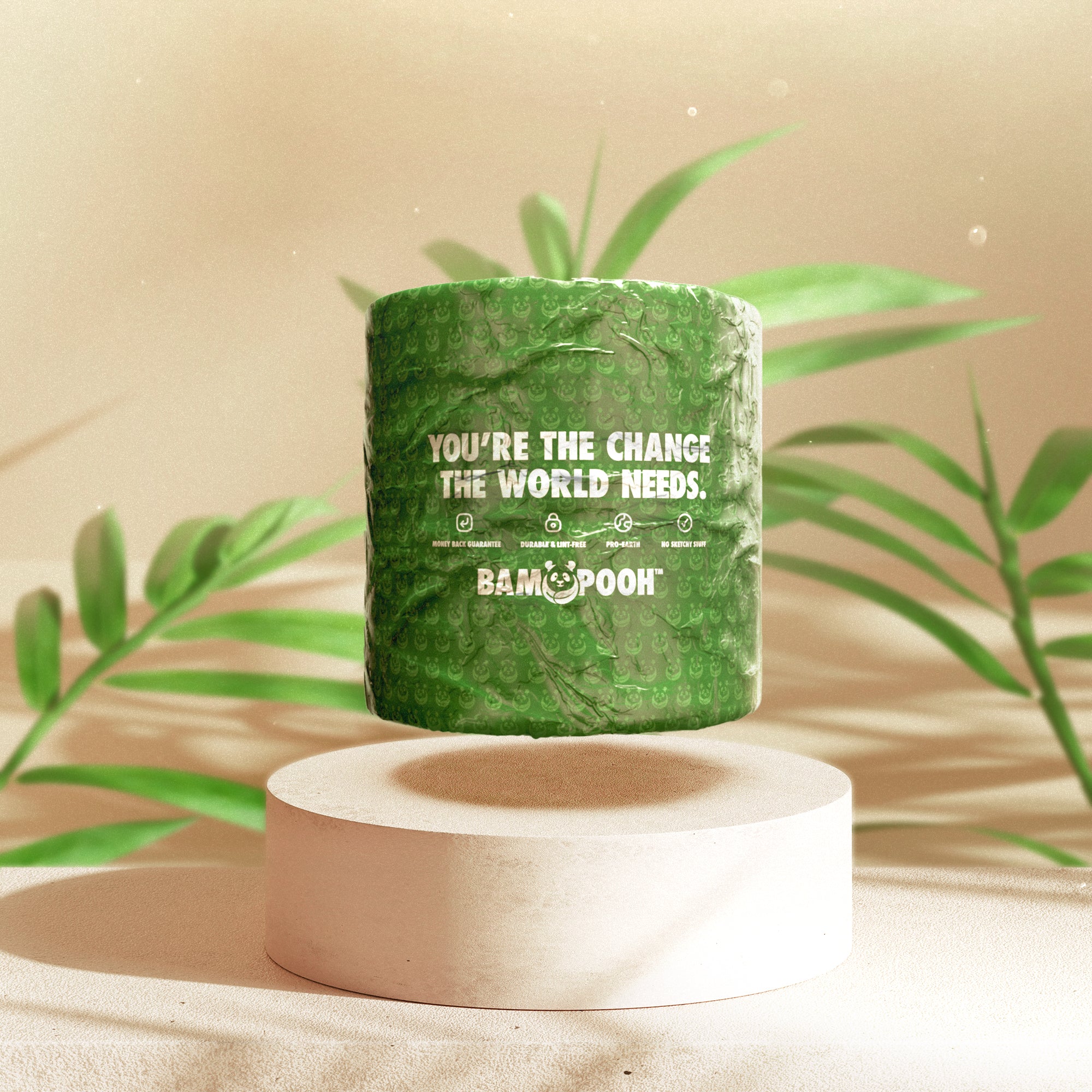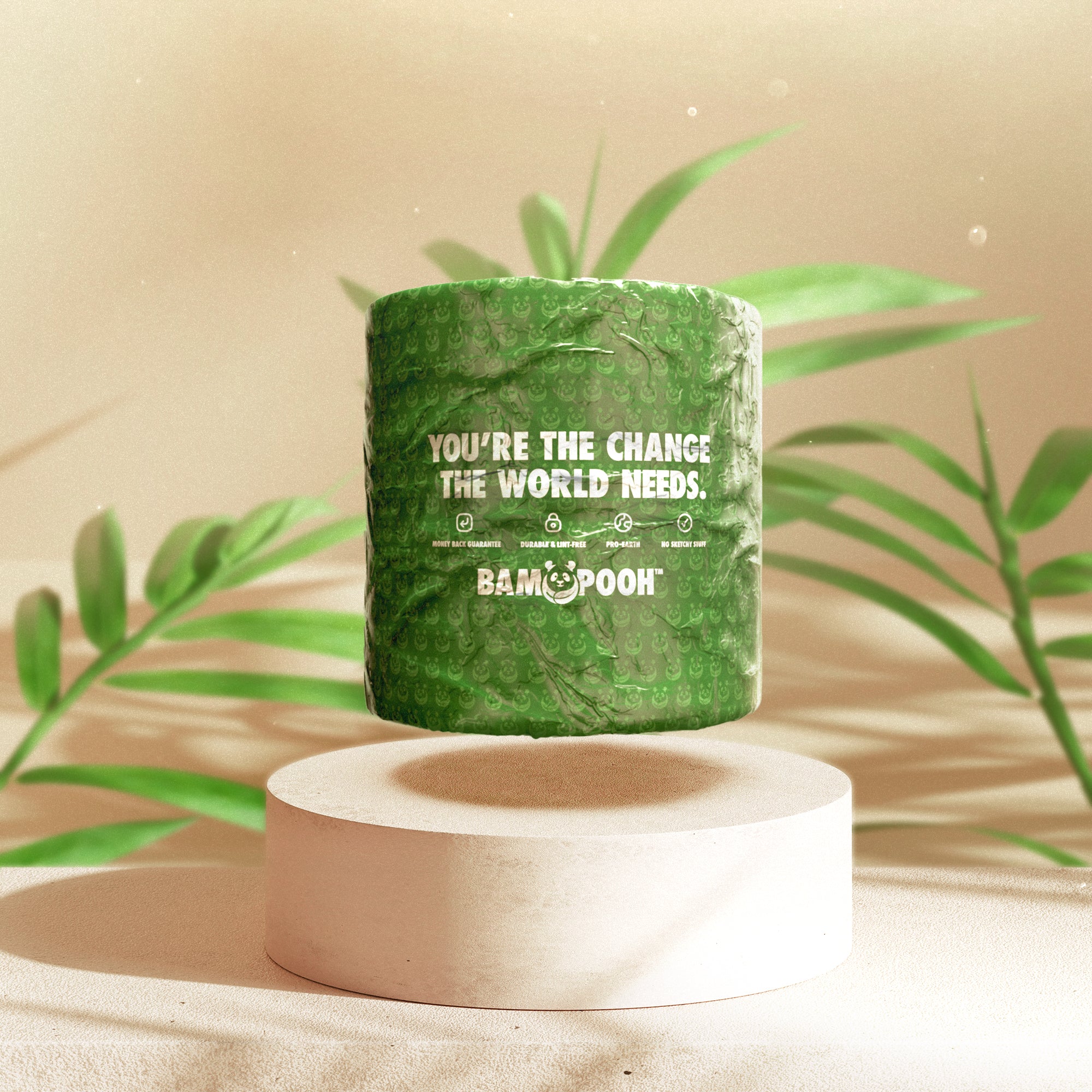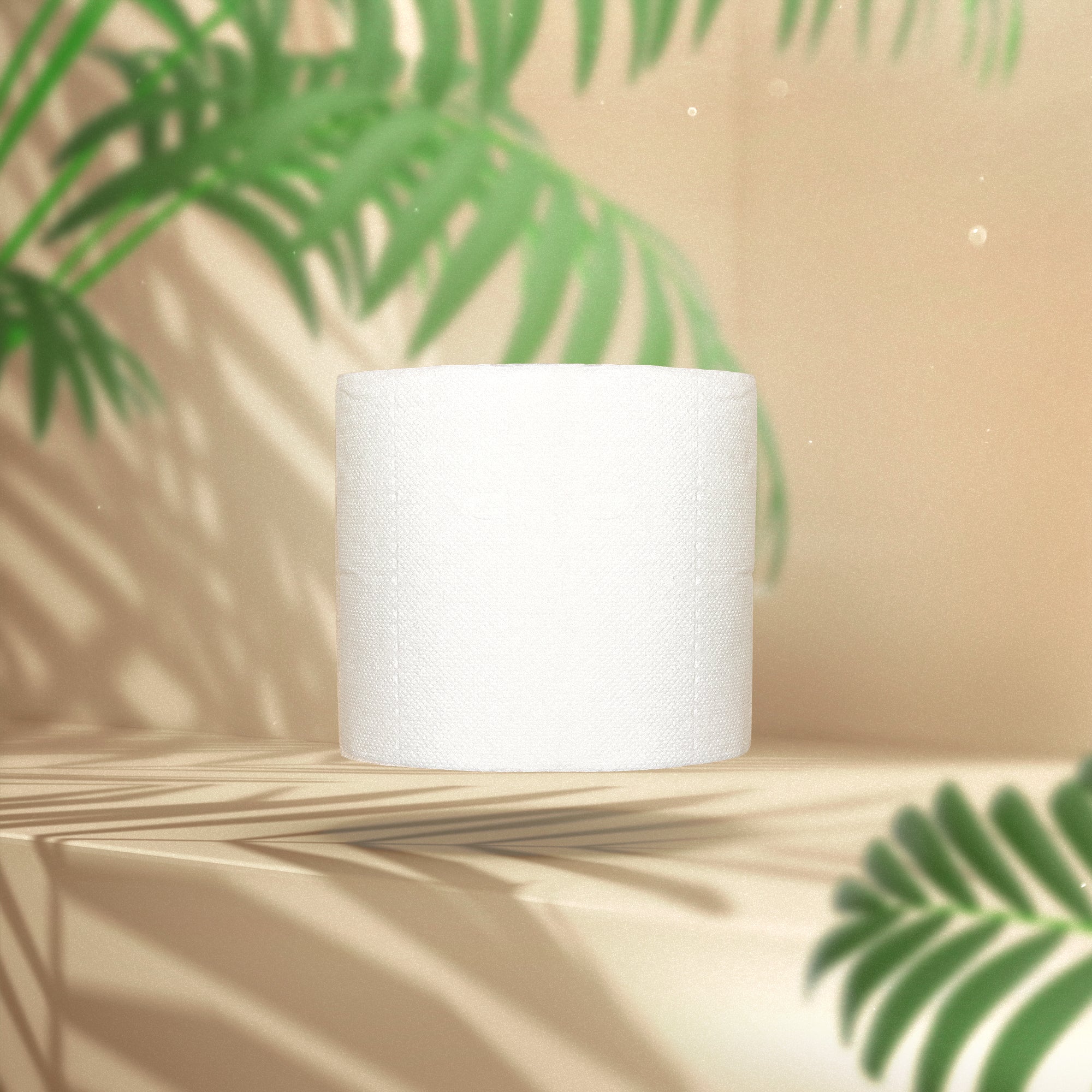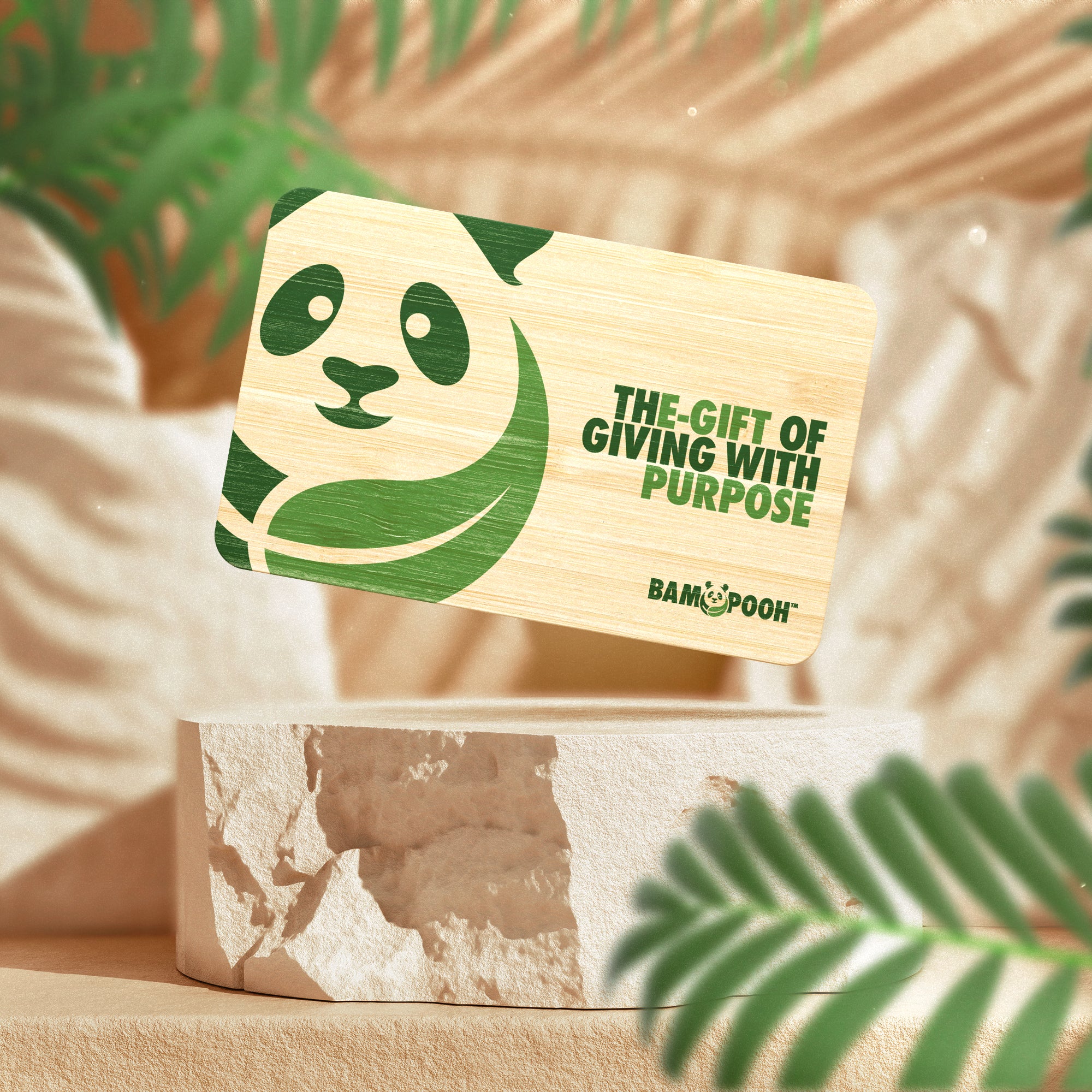At the heart of sustainable living lies the critical act of reevaluating everyday essentials, those products that seamlessly blend into our daily routine yet have profound environmental impacts. Toilet paper, a fundamental necessity, is no exception. Bampooh's bamboo toilet paper is emerging as a beacon of eco-conscious change in a traditionally wasteful industry. But why? What is it about bamboo, and particularly Bampooh's offering, that's revolutionizing our understanding of cleanliness and sustainability? As we embark on this enlightening journey, we'll explore how bamboo challenges conventional wisdom and why Bampooh stands as a paragon of eco-friendly innovation. Bamboo's virtues extend far beyond its utility as a material. Its rapid growth rate, carbon sequestration capabilities, and harmonious ecological interactions make it a shining beacon in the world of sustainability. As we stand at an environmental crossroads, it's innovations and alternatives like bamboo, championed by brands like Bampooh, that offer a path forward—one where humanity and nature thrive side by side.
A Comparison: Bamboo Toilet Paper vs. Tree-Made Toilet Paper
At the heart of the debate between bamboo and tree-made toilet paper is sustainability. Each day, vast numbers of trees, many from old-growth forests, are cut down to cater to our global toilet paper demand. These trees, which took decades to mature, are transformed into a product that's used momentarily and then discarded. The environmental impact is staggering.
Enter bamboo, a game-changer in the world of sustainable toiletries. Unlike trees, bamboo is astoundingly fast-growing. Often classified as a grass rather than a tree, bamboo can mature within a mere few years. This rapid regeneration means that bamboo can meet demand without devastating ecosystems or reducing vital tree cover.
Beyond just growth, bamboo showcases its superiority in other ways. Consider water consumption. Traditional tree pulp requires vast amounts of water during its transformation into toilet paper. Bamboo, however, is a naturally water-efficient plant. It thrives even in conditions where water is sparse. This drought-resistance translates to substantial water savings during the manufacturing process.
On the chemical front, the news isn't good for traditional toilet paper. Its production is laden with chemicals, from the pulping phase to bleaching. These chemicals can seep into waterways, jeopardizing aquatic life and destabilizing ecosystems. Conversely, bamboo, especially when processed using Bampooh's methods, minimizes chemical use. Its natural properties, combined with Bampooh's ECF bleaching, mean that it's not just softer on your skin but also gentler on the planet.
The Green World of Bamboo
Delving into the world of bamboo, we quickly recognize that this isn't just another plant. It's an ecological marvel. Bamboo, with its myriad of attributes, serves as a green beacon in a world increasingly marred by environmental degradation.
Rapid Regrowth: Nature's Speedster
When one thinks of natural growth, the imagery that typically forms is that of a seed slowly sprouting into a sapling, eventually maturing into a full-grown plant over several years. Bamboo, however, obliterates this traditional growth trajectory. A veritable speedster of the plant world, some bamboo species have been recorded growing a staggering 3 feet within a single day. To put that into perspective, imagine a plant sprouting roughly the height of an average toddler in the time it takes for the Earth to complete one rotation!
The implications of such swift growth are significant. Unlike hardwood trees, which can take decades to mature and then years more to replace once harvested, bamboo's growth rate ensures a continuous supply. This rapid renewability guarantees that we aren't depleting resources faster than they can regenerate, making bamboo a poster child for sustainable consumption.
A Breath of Fresh Air: Bamboo's Atmospheric Gift
In our current epoch, termed by many scientists as the Anthropocene due to the significant human impact on the Earth's geology and ecosystems, rising CO2 levels are a pressing concern. Here again, bamboo steps up as an unsung hero. With its remarkable ability to sequester carbon, bamboo acts as an efficient carbon sink, absorbing vast amounts of carbon dioxide during its growth phase. This not only aids in combatting the escalating issue of greenhouse gases but also means the air we breathe becomes that much purer with every bamboo shoot that grows.
The Grass Revelation: Rethinking Bamboo
For many, the word bamboo conjures images of tall, tree-like structures. Thus, it's often a revelation to discover that bamboo isn't a tree at all—it's a grass! And this isn't just a trivial botanical classification. Being a grass carries with it a set of unique advantages. After a bamboo stalk is harvested, it doesn't require replanting. Instead, like the lawn in a backyard, it sprouts back, continuing its growth cycle without intervention.
Furthermore, because it's a grass, bamboo has a different cellular structure than trees. This means it's naturally more absorbent, a feature Bampooh has capitalized on to create toilet paper that's both soft and effective, ensuring users get premium quality while also staying eco-friendly.
Environmental Harmony: Bamboo's Ecosystem Dance
Every plant, in its growth and existence, interacts with its environment. Bamboo's interaction, however, seems to be one of mutual respect and harmony. A notable feature of bamboo is its intricate and expansive root system. These roots not only anchor the plant firmly but also serve a pivotal ecological role—they prevent soil erosion. Especially in regions prone to landslides or where deforestation has destabilized the soil, bamboo acts as a binding agent, holding the earth in place and maintaining soil health.
Moreover, where traditional timber harvesting often involves clear-cutting vast swathes of forest, leading to habitat destruction and biodiversity loss, bamboo offers a gentler alternative. When bamboo is harvested, it's typically done selectively, without denuding an entire area. This approach ensures that the ecosystem remains largely intact, with minimal disruption to the flora and fauna that call it home.
Bamboo's Sustainability Edge: Fast Growth and Rapid Renewal
When you picture bamboo forests, scenes from animated panda movies might come to mind. But beyond providing a snack for these adorable creatures, bamboo is making waves in the realm of eco-friendliness, especially in the toilet paper industry. A key reason? Its remarkable growth speed. Some bamboo species can grow up to 3 feet within a 24-hour period. Compare this with a typical tree used for paper production, which can take decades, even centuries, to reach maturity.
Such speed provides a continuous supply of raw material for Bampooh's bamboo toilet paper without waiting ages for reforestation. Every harvested bamboo shoot gets replaced by another in no time. This natural rapid regeneration capacity ensures that bamboo plantations remain lush and vibrant, acting as carbon sinks and promoting biodiversity.
Moreover, bamboo has the innate ability to thrive in various soil types and climates. From the hilly terrains of China to the tropical climates of Southeast Asia, bamboo stands tall and resilient. Unlike other crops or trees, bamboo doesn't necessitate the extensive use of pesticides or fertilizers, further reducing its environmental impact.
Why FSC Certification Matters
For the uninitiated, the Forest Stewardship Council (FSC) certification might sound like another industry jargon. However, for companies and consumers in the know, it's a seal of environmental commitment and responsible forest management.
Bampooh's bamboo toilet paper proudly sports this certification. But what does it signify? In essence, FSC ensures that the bamboo harvested for Bampooh's products comes from forests managed sustainably. This management considers not just the environmental aspects but also the social and economic facets.
Being FSC certified implies that Bampooh is actively preventing deforestation, preserving biological diversity, and ensuring that the rights of workers and indigenous peoples are upheld. Every time you purchase a Bampooh product, you're indirectly supporting responsible global forest management, ensuring that our planet's lungs remain healthy and vibrant.
Carbon Neutral Shipping
Beyond the product itself, Bampooh demonstrates its environmental commitment through its shipping methods. While many companies might overlook the emissions produced during shipping, Bampooh recognizes its implications and steps up its game with carbon neutral shipping.
Transportation, especially international shipping, contributes significantly to global CO2 emissions. Recognizing this, Bampooh calculates the carbon footprint of every shipment and offsets it through environment-friendly initiatives, like planting trees. This commitment ensures that while your Bampooh bamboo toilet paper reaches your doorstep, it doesn't leave a carbon trail behind.
Bamboo's Natural Abilities
Delving deeper into bamboo's characteristics reveals more about its eco-superiority. Bamboo's roots, for instance, help in preventing soil erosion, a major environmental issue in many deforested areas. This intricate network of roots binds the soil together, ensuring its fertility remains intact and preventing landslides.
Moreover, bamboo releases more oxygen into the atmosphere compared to equivalent tree masses, providing a fresher, cleaner air for all. Plus, its natural antibacterial properties mean it doesn’t need aggressive chemicals during cultivation or production.
So is Bamboo Toilet Paper an Eco-Friendly Alternative?
Bamboo, especially when championed by brands like Bampooh, offers a holistic solution to the environmental challenges posed by traditional toilet paper production. Every aspect, from rapid growth to carbon neutral shipping, is a testament to bamboo's potential in leading the eco-revolution in the toilet paper industry. Adopting bamboo toilet paper isn't just a choice; it's a statement - a declaration that we prioritize our planet and are conscious of the footprints we leave behind.


